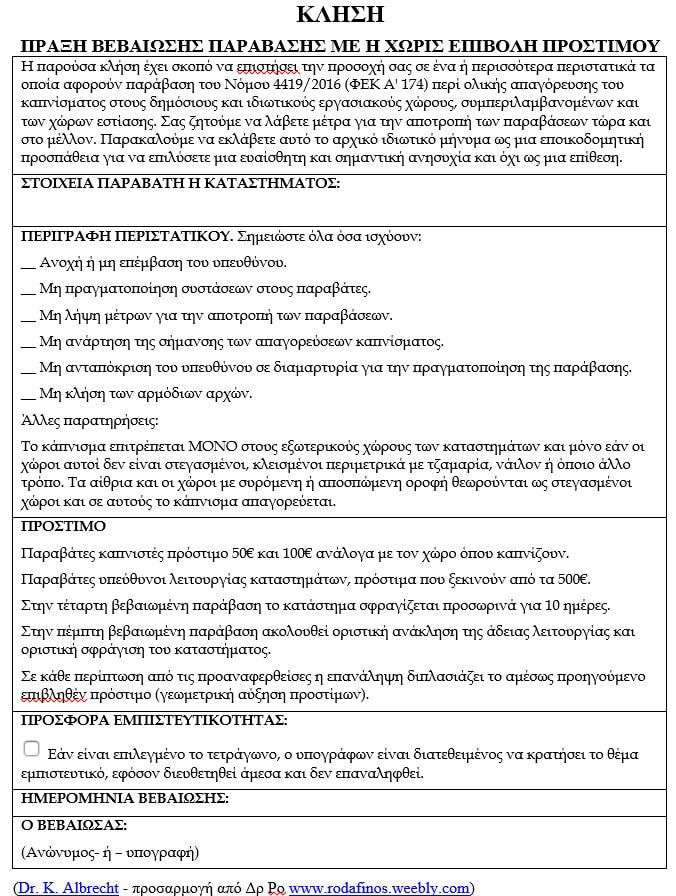 Based on predictions, 50 to 60% of today’s jobs are likely to be automated in the next one or two decades. This means that a large numbers of jobs will be replaced by others, which will require a different set of skills. Unfortunately, the content of our teaching has not changed to adopt to the new demands. One reason is that we do not know exactly what these future jobs will be, Another that people (including teachers) resist change. Schools insist on teaching traditional skills preparing kids for jobs that won't exist. We force students to learn how to write, read, and memorise - as opposed to learning more transferable skills. The top two skills that will be required by employers in 2020 are critical thinking and problem solving, followed by creativity, people management, working with others etc. Exercise: Ask your school teachers what the learning objectives of their course are. Invite them to incorporate material that will assist you or your kids to develop these skills. For school directors or teachers: Dr Rodafinos welcomes invitations to present workshops on Critical Thinking. This is a community service (free of charge). Find out more: https://rodafinos.weebly.com/ Photo: Max Pixel New idea! Print, complete and leave it behind you at a prominent place before you leave the smoking venue. The owner will have to consider this polite warning and either change or risk a severe fine ...
Visit https://opengov.thessaloniki.gr/imc if you decide to make it official.  Hi, how are you? I admit it. I have a soft spot for salutations. In this peculiar area of human behaviour, one can be formal and ordinary or choose to be slightly eccentric without people getting the wrong impression – much. Conventional greetings are fine, except they are monotonous and dull. I tend to get bored and tired: “Good morning/evening.” “How are you?” “Not too bad, yourself?” (Not too bad? Good Lord … what an expression.) “Good, how are the kids?” “Good to see you, have a nice day.” I suggest you use your imagination and try to be resourceful and creative. All of us can afford to be slightly bizarre or uncommon in one facet of our behaviour. Now, if you are generally a bit odd or atypical in other aspects as well, it is probably best to avoid the following exercises, just in case people really begin to wonder. Very high Here are some alternative salutation ideas: “Hello.” “Yellow!” “Good morning.” “Isn’t it just!” “How are you?” “Delighted!” “Hi!” “Very high!” etc. The SentimenTable©
Today, probably late in the evening (I do not want you getting into trouble early in the morning), I suggest you print the table that you will find at the end of this article and post it on the usual spot: the fridge, the mirror in the bathroom, the elevator in your apartment block or office... Click "Read more" and download the full pdf article (free).  Το ομολογώ: έχω μια αδυναμία στις χαιρετούρες. Είναι μια περιοχή της ανθρώπινης συμπεριφοράς στην οποία μπορείτε να είστε τυπικός και φυσιολογικός, αλλά μπορείτε να γίνετε και λίγο ‘περίεργος’ – χωρίς να παρεξηγηθείτε και… πολύ. Καλό είναι, βρε παιδί μου, το φυσιολογικό, αλλά συχνά καταντάει μονότονο και λίγο βαρετό.«Καλημέρα/καλησπέρα. Τα παιδιά καλά; Χάρηκα που τα είπαμε, γεια σας». Εγώ λοιπόν θα επέλεγα τη διαφορετικότητα. Ας γίνετε πια και λίγο παράξενος σε ένα τομέα! Ε, τώρα αν είστε σε πολλούς, καλύτερα να αποφύγετε τις παρακάτω ασκήσεις, μη σας πάρουν και στο ψιλό. Ιδού, κάποιες ιδέες: «Γεια σου!» –«Γεια σου κι εσένα, τσολιά μου!». «Καλημέρα» –«Καραμέλα!». «Καλησπέρα» –«Πέρα για πέρα!». «Τι κάνεις;» –«…Χαίρομαι!». «Χάι» –«Βέρι χάι!» κ.ο.κ. Τι κάνεις; –Έχταχτα!
Σας προτείνω, σήμερα, κατά προτίμησιν το βράδυ –μη μας πάρουν χαμπάρι και φάμε και ξύλο!– να κολλήσετε τον πίνακα-άσκηση της τελευταίας σελίδας του κεφαλαίου στον καθρέφτη του ασανσέρ της πολυκατοικίας σας, του γραφείου σας ή ακόμα και μιας ξένης πολυκατοικίας. Είναι πολύ δυναμωτικότερο οι επιβάτες των ασανσεροδιαδρομών να ... Hey gorgeous! Contemplating making a change in your life?
Make it easy with the help of the simplified 7-step method and the free online web form that you will find here https://rodafinos.weebly.com/behaviour-change-contract.html Complete and submit the form. You and your nominated 'witness' will receive a copy of the 'contract' in your email. Seven steps: 1. Select your goal. 2. List the benefits of achieving and the costs of not achieving the goal 3. Identify potential obstacles. 4. Identify the skills or knowledge needed to achieve the target. 5. Consider who can help you. 6. Develop an action plan. 7. Decide on a deadline. Enjoy the process and your new self! * Excerpt from the book 'Prince to Frog ... and vice versa. Applied psychological techniques to change yourself - or others.' |
Dr Ro's blogShare your ideas for problem solving and dealing with idiots, or join the Idiots Club (a.k.a. Boneheads' Academy) in Facebook. Archives
July 2024
Categories |


 RSS Feed
RSS Feed

